Think big animals eat big seeds? Think again…
The long-held assumption that larger animals eat larger seeds has been overturned by research undertaken by PhD student Si-Chong Chen at the University of New South Wales (UNSW).
“We compiled an unprecedented, worldwide, database of over 13,000 interactions between hundreds of animal species and thousands of seed species, and found that the prevailing assumption was wrong,” reveals Si-Chong. “Although large animals do eat some large seeds, the assumption overlooked the fact that large animals, like rhinoceros, zebras, deer and buffalos, unintentionally vacuum up large amounts of small seeds when eating.”
This research shows that one of the assumptions that has underpinned several essential theories in shaping the relationship between seeds and seed-eaters does not hold true across the full range of animal and fruit types.
In a century where large animals are more likely to be extinct because of human activity, not only will largest seed species that lose their seed dispersers, but some of the smallest seed species may also be at risk, a fact that until now was overlooked.
“Larger animals act as mega-gardeners by feeding on a greater diversity of seed species and transporting these seeds further afield,” explains Si-Chong. “My research indicates that more seed species would be affected by the loss of their large animal partners, and thus global plant distribution and vegetation will be affected.”
Si-Chong presented her research at Fresh Science New South Wales 2015.
Fresh Science is a national program that helps early-career researchers find and share their stories of discovery. Over 50 early-career researchers nominated for Fresh Science NSW, which was held at the Australian Museum (training) and Three Wise Monkeys Hotel (public challenge event).
Fresh Science New South Wales was supported by the Australian Museum and the University of New South Wales.
Contact: Si-Chong Chen, The University of New South Wales, sichong.chen@unsw.edu.au

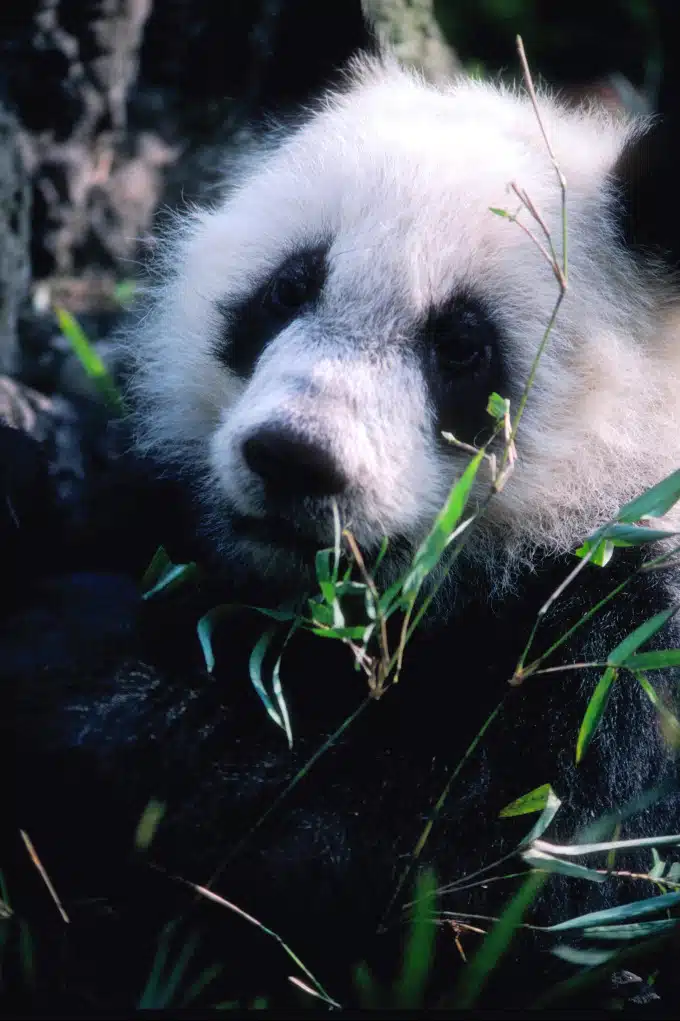
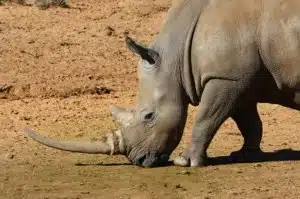

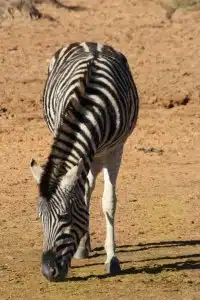
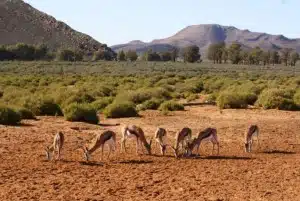
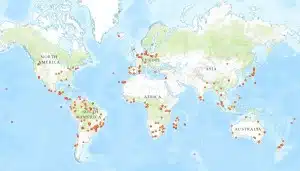
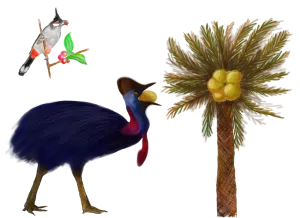
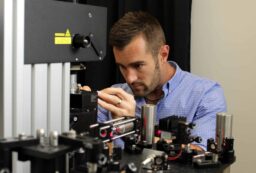

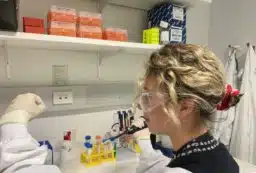
 Fresh Science is on hold for 2022. We will be back in 2023.
Fresh Science is on hold for 2022. We will be back in 2023.